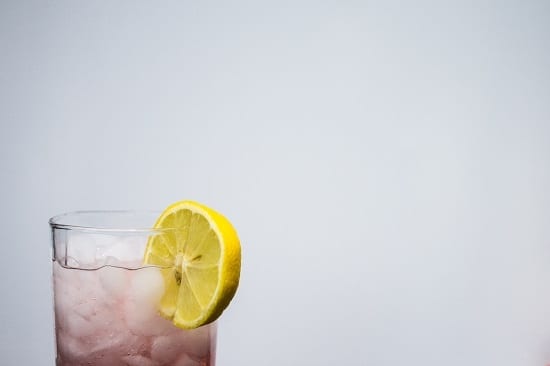
A number of Cape Town venues are implementing water saving measures in response to the city’s level 5 water restrictions and the approaching holiday season. The results have been impressive: Tsogo Sun reported reducing its water use by 17% and the Vineyard Hotel reduced its water use in August by 30% compared to the same period last year.
Here are 30 different strategies that venues can adopt to conserve water (and, therefore, money):
- Communicate your water-saving efforts with your guests clearly so you have their buy-in. This can be done pre-arrival with an email, on arrival at check-in, and in their room with a printed card or flyer.
- Educate your staff about how to save water and why.
- Install dual flush toilets.
- Have motion sensor taps that are programmed to turn off quickly.
- Make sure all taps and showerheads are low flow to reduce the speed water runs through them.
- Encourage guests to have short showers and switch the water off while they soap up.
- Install timers in the showers and ask guests to limit showers to a maximum of 5 minutes, but preferably 3 minutes.
- Install automatic shower activators that provide hot water on demand, so no water is wasted waiting for it to warm up.
- Leave a bucket in the shower and encourage guests to collect some of their shower water run-off. Staff can then empty it into the gardens.
- Install a greywater recycling system which can recycle shower and tap water. If you do this, opt for biodegradable soaps and cleaning products.
- Discourage guests from taking baths by removing the plugs and asking them to call reception to use them.
- Provide hand sanitizer as an alternative to washing hands with soap and water.
- Reduce your laundry needs by providing paper towels in the bathroom and paper napkins with meals. You can also opt to not use tablecloths.
- Encourage guests to re-use towels and bedding, also to reduce your laundry requirements.
- Speak to your chef to create a menu that uses minimal water for food preparation. For example, steaming and boiling use more water than baking and grilling.
- Unsalted cooking water should not be thrown away but can be used on the gardens, as can glasses or bottles of water that guests leave unfinished.
- Serve more vegetarian food, as it uses less water to grow vegetables than it does to feed and raise livestock.
- Plan ahead and defrost food naturally rather than in a sink of water.
- Make improvements to your food preparation and planning to reduce food waste.
- Make sure you are using suppliers who are also adopting water-wise measures.
- Wipe dishes to remove most of the dirt before washing, to keep the water cleaner for longer.
- Re-use your rinsing water and ice bucket water to mop the floors.
- Better yet, stop using ice buckets.
- Only switch the dishwasher on when it has a full load.
- Install water tanks to catch rainfall for your gardens.
- Remove thirsty alien species from the gardens and plant water-wise indigenous vegetation.
- Mulch the soil to prevent water loss through evaporation.
- Close the pool area.
- Deal with leaks timeously.
- Monitor water consumption closely so you can pick up any spikes in use and identify what may have caused it – and then address it.







